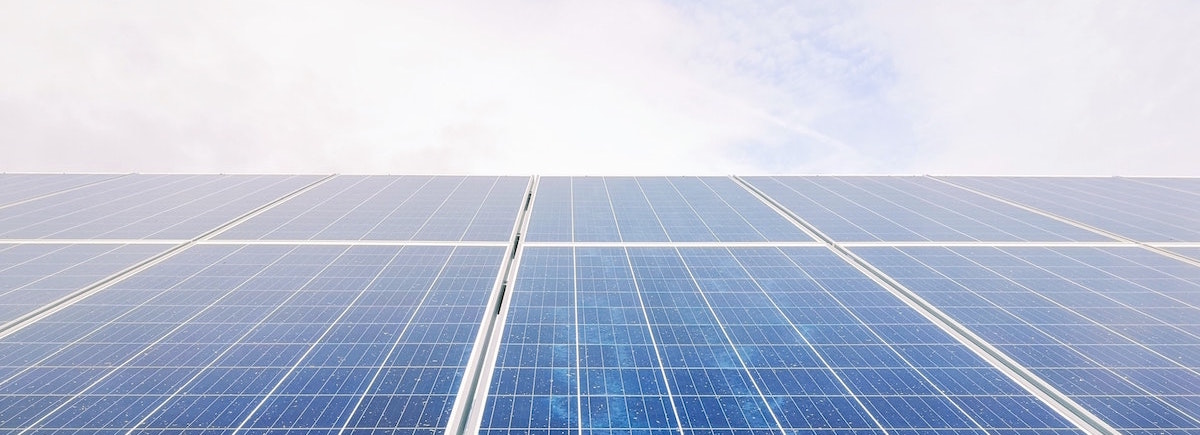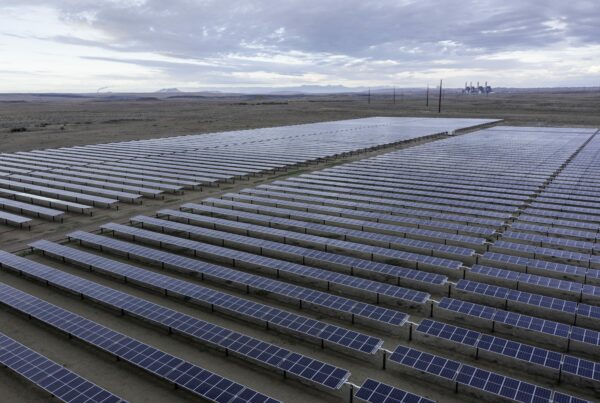La Plata Electric Association’s board of directors voted in February to dramatically revamp our local source of electricity. In a unanimous decision, the board agreed to a partial buyout of its existing electricity supply contract with Tri-State Generation and Transmission.
LPEA’s current contract requires that 95% of our electricity supply be purchased exclusively from Tri-State. The new partial buyout agreement allows LPEA to acquire 50% from sources other than Tri-State. The agreement means LPEA can accelerate its path toward reducing the carbon footprint of our electric supply, saving $7 million annually in electric costs, and opening the door to local renewable sources of electricity.
Tri-State is a lumbering behemoth of a utility, and after years of dithering is finally attempting to shift away from the coal-dominated portfolio that produces more than half its current electricity. But it’s a collection of 42 member cooperatives, many of whom don’t share the interest of LPEA members in reducing reliance on burning coal.
Tri-State is on a slow path toward closing its current coal plants in Craig over the next decade, but plans continuing reliance on coal burned in power plants in Arizona and Wyoming for years to come. Tri-State’s electricity is also expensive in today’s market. Hence LPEA chose to more quickly meet its goals for reducing carbon emissions by cutting its dependence on Tri-State by half, saving money and investing in our local economy.
The LPEA board’s unanimous decision reflects the win-win-win character of securing 50% electric supply from other sources. For some board members, the ability to rapidly address LPEA’s contribution to climate change by cutting reliance on dirty coal plants was a motivating factor. For others, the chance to save $7 million annually immediately, or about 10% of LPEA’s electric purchases, sealed the deal. As well, the option to buy electricity from local entrepreneurs was appealing.
The details of the agreement between LPEA and Tri-State are still confidential, awaiting approval by the Federal Energy Regulatory Commission. The gist is that LPEA will secure a 20-year loan to buy down half of its existing contract with Tri-State, but because other electricity supplies are so much cheaper than Tri-State, LPEA can immediately realize a big cost savings despite needing to borrow money for the buyout. That reflects the rapidly plummeting costs of renewable energy, where brand-new wind or solar projects are half the cost or less than operating existing coal plants.
Can you stick with this challenge for seven days? It’s easier than you think….
LPEA’s decision is a watershed moment for Southwest Colorado’s energy future. It’s the outcome of a careful, reasoned exploration of options that began in 2018, when LPEA’s board commissioned consultant studies to understand the rapidly changing character of electric markets.
The agreement appears to have struck a note of overall satisfaction among LPEA’s membership. No challengers chose to run in the May election for the board of directors, leaving the four incumbent directors without opposition. The transition to cheaper, cleaner and potentially local energy has been a source of contentious debate over the past several years, but the considered approach adopted by LPEA’s board has something for everyone.
LPEA is still participating in efforts at FERC to obtain a fair formula for calculating a complete exit from its Tri-State contract if it ever desires. Two nearby cooperatives, Kit Carson in New Mexico and Delta-Montrose, both obtained agreements for complete exits. In Kit Carson’s case, its buyout fee will be completely paid off this year, which means Kit Carson’s cost of electricity will drop by at least 50%, if not more. That type of even greater economic benefit might yet be in store for LPEA’s members.
This content first published in the Durango Herald here.



